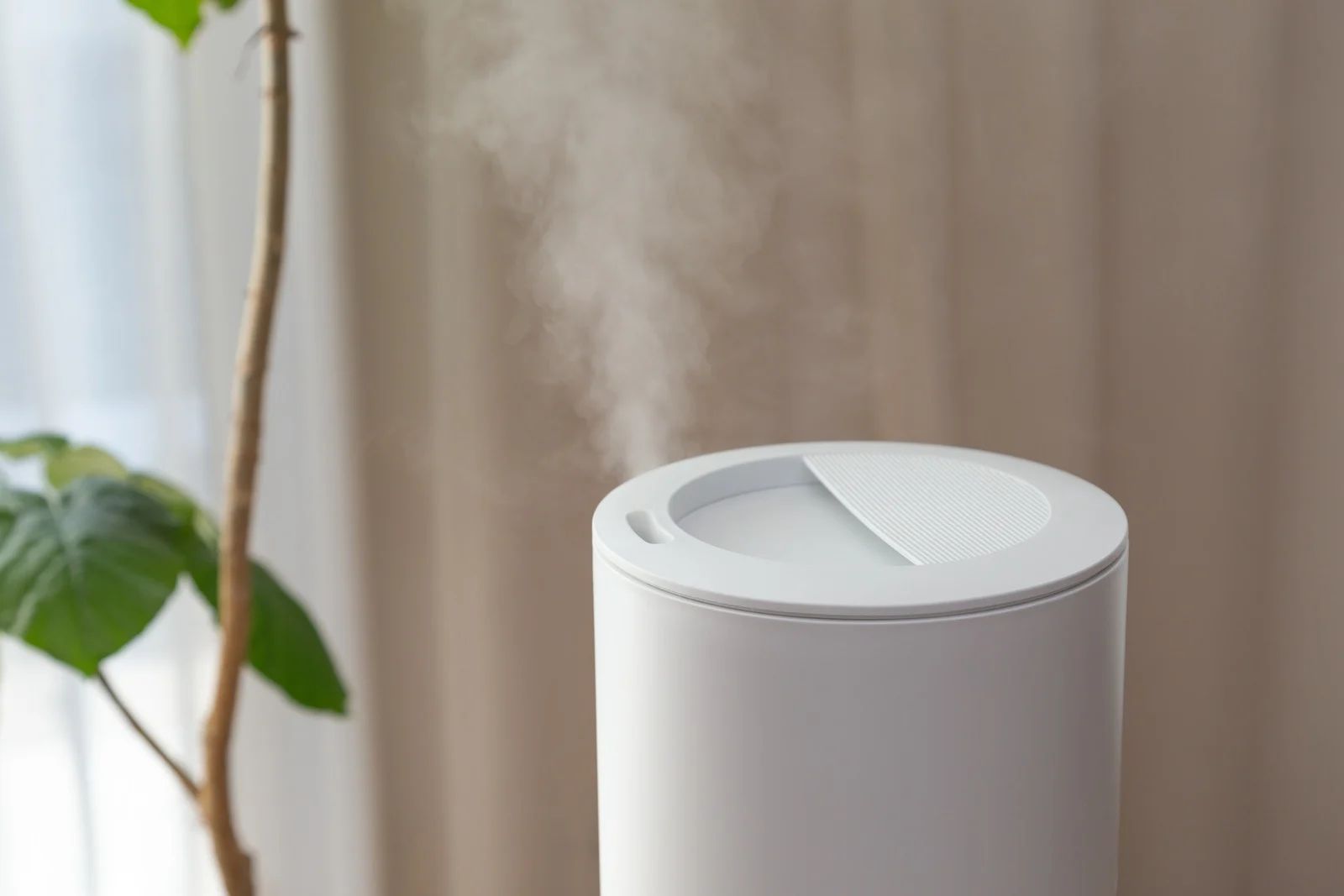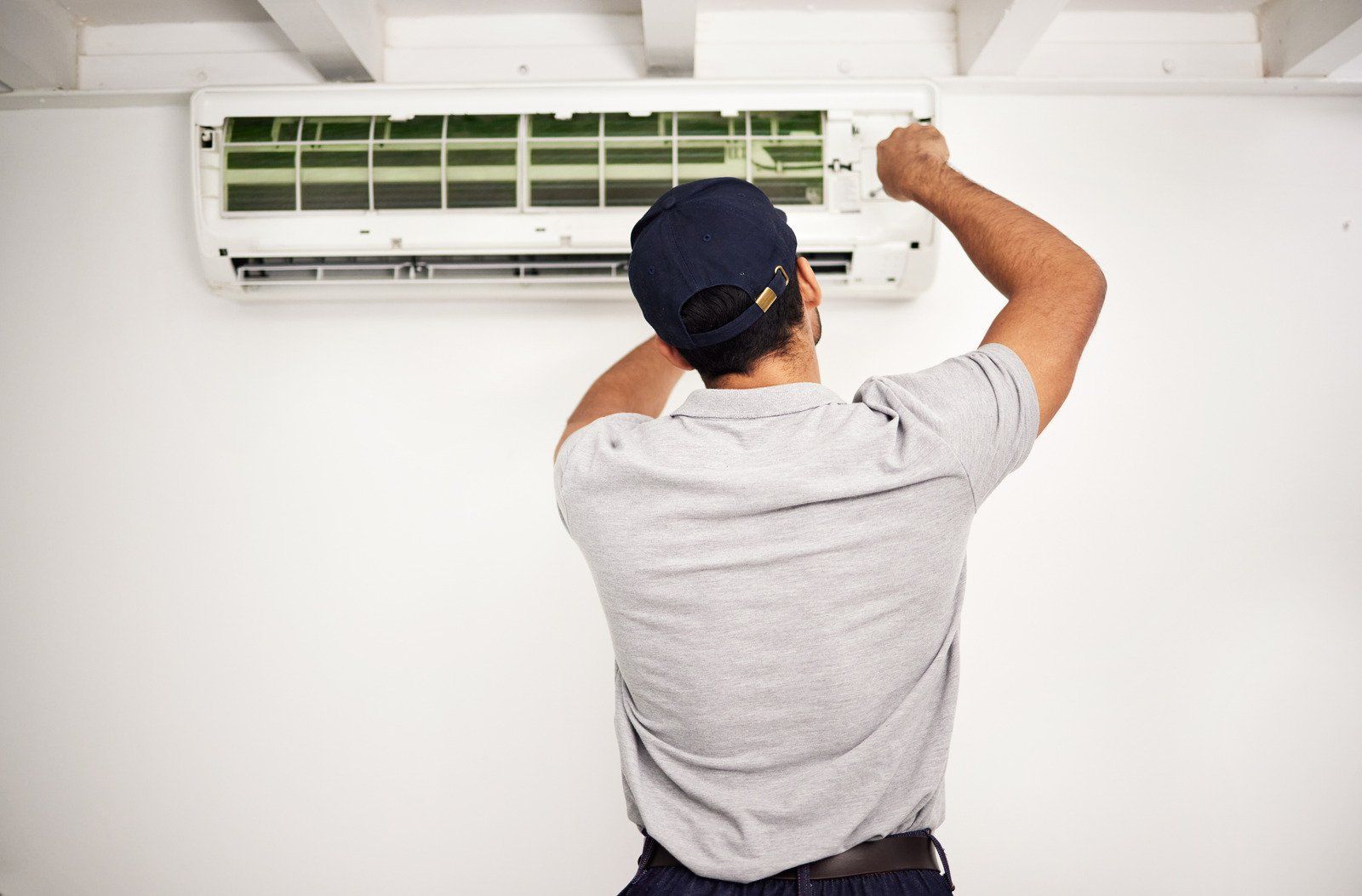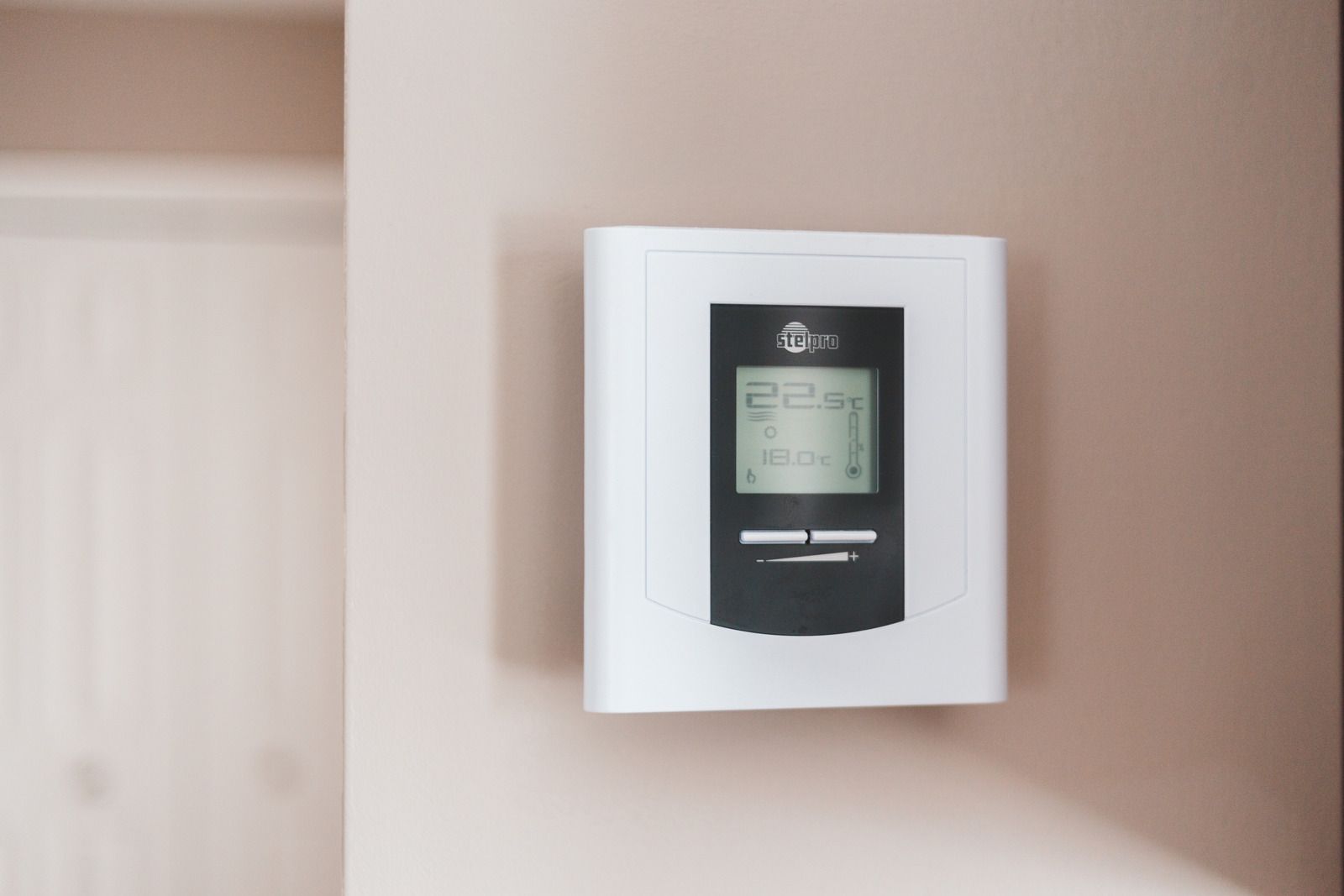Furnace vs. Heat Pump: What's Best for Homes in Monument, CO?
Monument, Colorado, is known for its chilly winters and unpredictable temperature swings. When it comes to heating your home efficiently and cost-effectively, homeowners often face a choice between a traditional furnace and a modern heat pump. Both systems have their merits, but which one makes more sense for homes in Monument’s unique climate? In this blog, we’ll compare furnaces and heat pumps in terms of performance, energy efficiency, cost, and comfort to help you make the best decision for your home.
1. Climate Suitability
Monument experiences long, cold winters with frequent snowfall and sub-freezing temperatures. Furnaces, which generate heat through combustion (usually natural gas or propane), are particularly effective in such environments. They can rapidly warm a home, even in extremely cold conditions.
Heat pumps, on the other hand, work by transferring heat from the outside air into the home. While modern cold-climate heat pumps have significantly improved, their efficiency drops in temperatures below 25°F. In Monument, this can mean relying on a backup heating system during the coldest months.
2. Energy Efficiency
Heat pumps typically use less energy than furnaces, especially during milder winter days. Since they move heat rather than generate it, they can be up to three times more energy-efficient than traditional furnaces. For environmentally conscious homeowners, this is a big plus. However, during frigid Colorado nights, the efficiency advantage may diminish, and supplemental heating might be required.
3. Installation and Operating Costs
The upfront cost of a heat pump system tends to be higher than that of a furnace, especially when paired with necessary ductwork or backup heat sources. However, long-term savings from lower utility bills can offset this initial investment over time. Furnaces usually cost less to install and maintain, making them a solid choice for those who prioritize upfront savings.
4. Lifespan and Maintenance
Furnaces generally last 15–20 years with regular maintenance. Heat pumps have a slightly shorter lifespan, averaging 10–15 years due to year-round usage for both heating and cooling. That said, a heat pump also replaces the need for a separate air conditioning system, which can simplify maintenance and reduce total HVAC equipment in your home.
5. Comfort and Air Quality
Furnaces tend to deliver stronger, warmer airflow quickly, which is ideal during freezing Colorado mornings. Heat pumps provide more consistent, gentle heating, which some homeowners find more comfortable. Additionally, heat pumps help dehumidify during the summer, improving indoor air quality throughout the year.
Trust Gold Star Heating and Air
for Expert Advice
Choosing between a
furnace and a heat pump depends on your home’s needs, budget, and Monument’s variable climate. If you're still unsure which is right for you, trust Gold Star Heating and Air, your local HVAC expert. With over 20
years of experience, our team understands the heating demands of Colorado homes and can guide you toward the most efficient and cost-effective system. Located in Peyton, Colorado, we proudly serve Monument and surrounding areas with professional, honest, and dependable HVAC solutions. Contact us today for a consultation!



